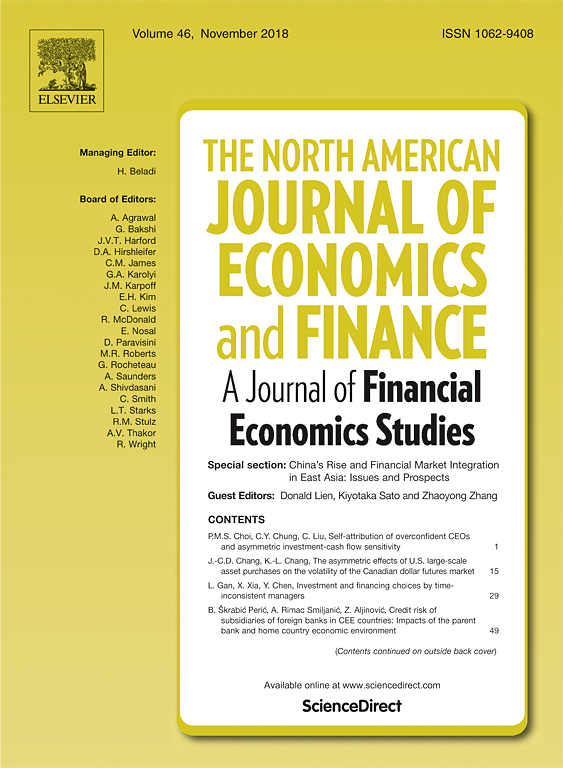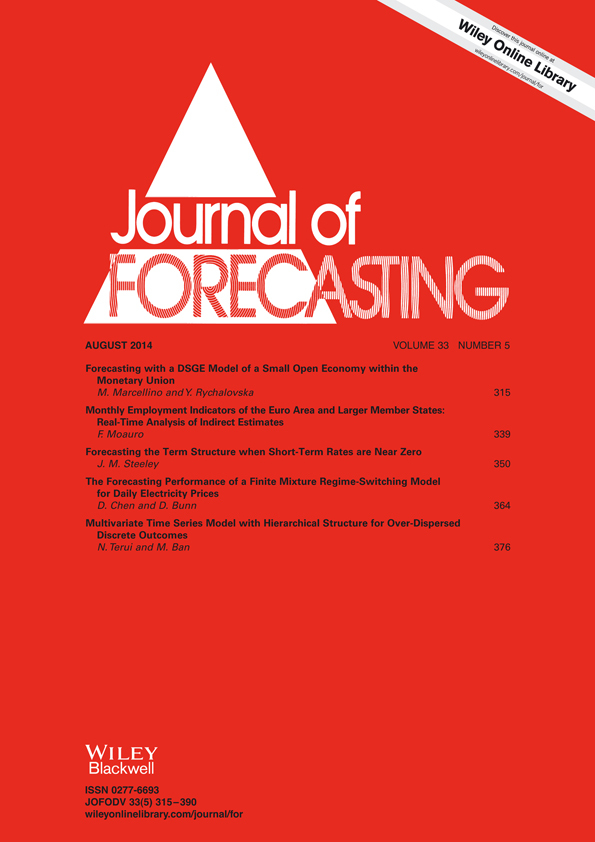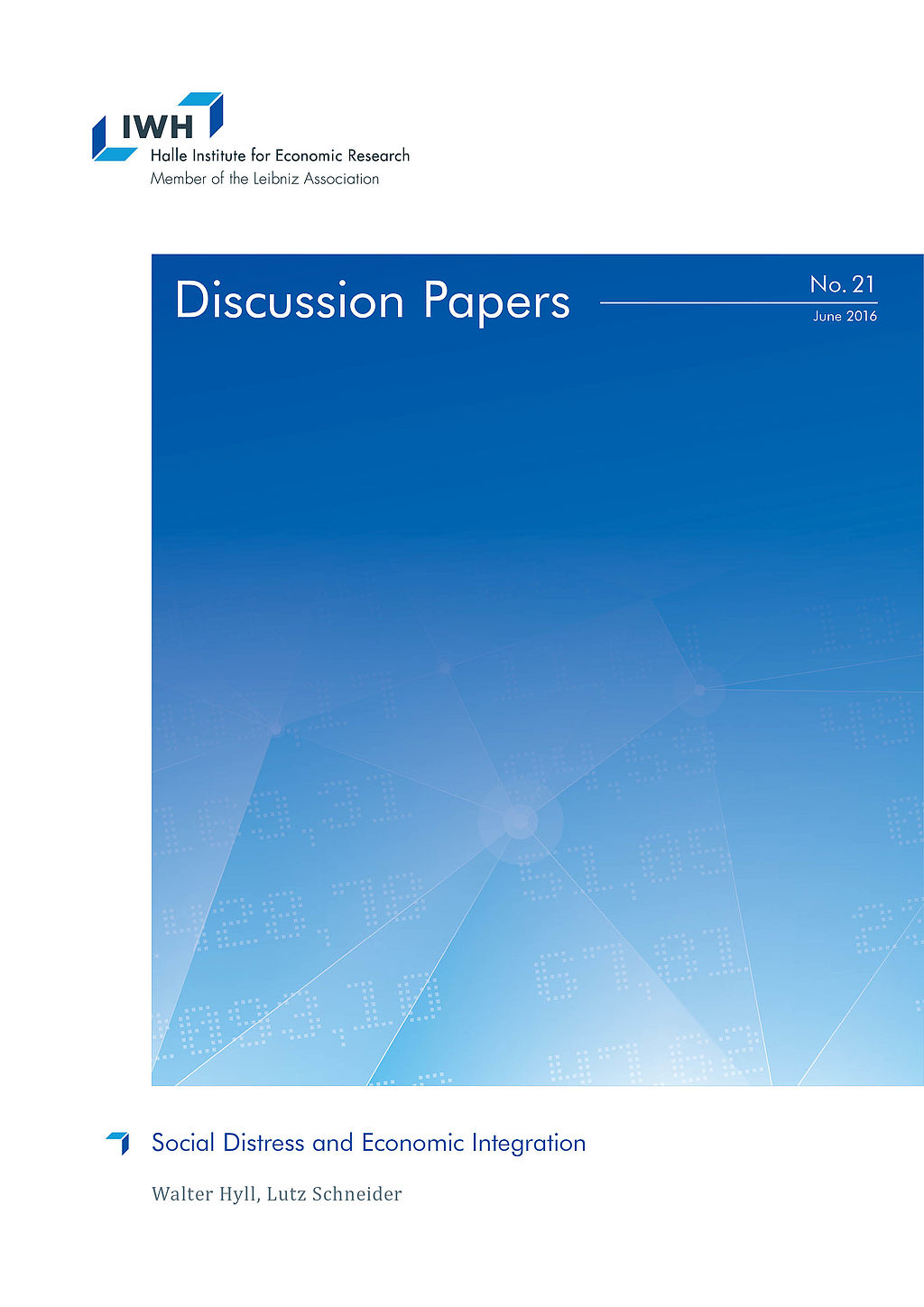Econometric Tools for Macroeconomic Forecasting and Simulation
The aim of this research group is to enhance research on, and development, implementation, evaluation, and application of quantitative macroeconometric models for forecasting and analysing aggregate economic fluctuations and developments. Research in this group contributes to the econometric foundation and the methodological improvements of the IWH forecasts. During the last years, the IWH has highly specialised in macroeconomic modelling, both for flash estimates and medium-term projections. Furthermore, this group conducts comprehensive empirical analysis and develops econometric tools that are used for third-party funded projects. In the last years, particular models have been developed for e.g. Volkswagen Financial Services AG and for GIZ. The research group contributed in particular on macroeconomic modelling for ministries in Kyrgyzstan and Tajikistan as well as for the institute of forecasting and macroeconomic research (IFMR) Uzbekistan.
IWH Data Project: IWH Real-time Database
Research Cluster
Economic Dynamics and StabilityYour contact

Mitglied - Department Macroeconomics
EXTERNAL FUNDING
07.2022 ‐ 12.2026
Evaluation of the InvKG and the federal STARK programme
German Federal Ministry for Economic Affairs and Climate Action
On behalf of the Federal Ministry of Economics and Climate Protection, the IWH and the RWI are evaluating the use of the approximately 40 billion euros the federal government is providing to support the coal phase-out regions..
10.2019 ‐ 01.2023
Climate Resilient Economic Development
Deutsche Gesellschaft für Internationale Zusammenarbeit (GIZ) GmbH
Climate change has a substantial impact on economic growth and a country’s development. This increases the need for reliable and viable approaches to assessing the impact of climate risks and potential adaptation scenarios. Political decision-makers in ministries of planning and economy need sound forecasts in order to design and finance adequate economic policy instruments and actively to take countermeasures. In the pilot countries (Georgia, Kazakhstan and Vietnam), climate risk is included in macroeconomic modelling, enabling the results to be integrated into the policy process so as to facilitate adapted economic planning. The IWH team is responsible for macroeconomic modelling in Vietnam.
05.2020 ‐ 09.2023
ENTRANCES: Energy Transitions from Coal and Carbon: Effects on Societies
European Commission
ENTRANCES aims at examining the effects of the coal phase-out in Europe. How does the phase-out transform society – and what can politics do about it?
This project has received funding from the European Union’s Horizon 2020 research and innovation programme under grant agreement No 883947.
01.2018 ‐ 12.2023
EuropeAid (EU Framework Contract)
European Commission
07.2016 ‐ 12.2018
Climate Protection and Coal Phaseout: Political Strategies and Measures up to 2030 and beyond
Umweltbundesamt (UBA)
01.2017 ‐ 12.2017
Support to Sustainable Economic Development in Selected Regions of Uzbekistan
Deutsche Gesellschaft für Internationale Zusammenarbeit (GIZ) GmbH
01.2017 ‐ 12.2017
Short-term Macroeconomic Forecasting Model in Ministry of Economic Development and Trade of Ukraine
Deutsche Gesellschaft für Internationale Zusammenarbeit (GIZ) GmbH
01.2016 ‐ 12.2017
Development of analytical tools based on Input-Output table
Deutsche Gesellschaft für Internationale Zusammenarbeit (GIZ) GmbH
The aim of the project was the development of an analytical tool to assess the gains and losses of possible state programs supporting the development of the private sector of the Tajik economy.
11.2015 ‐ 12.2016
Employment and Development in the Republic of Uzbekistan
Deutsche Gesellschaft für Internationale Zusammenarbeit (GIZ) GmbH
Support to sustainable economic development in selected regions of Uzbekistan
05.2016 ‐ 05.2016
Framework and Finance for Private Sector Development in Tajikistan
Deutsche Gesellschaft für Internationale Zusammenarbeit (GIZ) GmbH
02.2016 ‐ 04.2016
Macroeconomic Reforms and Green Growth - Assessment of economic modelling capacity in Vietnam
Deutsche Gesellschaft für Internationale Zusammenarbeit (GIZ) GmbH
Refereed Publications

Inflation Expectations: Does the Market Beat Professional Forecasts?
in: North American Journal of Economics and Finance, No. 3, 2011
Abstract
The present paper compares expected inflation to (econometric) inflation forecasts based on a number of forecasting techniques from the literature using a panel of ten industrialized countries during the period of 1988 to 2007. To capture expected inflation, we develop a recursive filtering algorithm which extracts unexpected inflation from real interest rate data, even in the presence of diverse risks and a potential Mundell-Tobin-effect. The extracted unexpected inflation is compared to the forecasting errors of ten econometric forecasts. Beside the standard AR(p) and ARMA(1,1) models, which are known to perform best on average, we also employ several Phillips curve based approaches, VAR, dynamic factor models and two simple model avering approaches.

Flow of Conjunctural Information and Forecast of Euro Area Economic Activity
in: Journal of Forecasting, No. 3, 2011
Abstract
Combining forecasts, we analyse the role of information flow in computing short-term forecasts up to one quarter ahead for the euro area GDP and its main components. A dataset of 114 monthly indicators is set up and simple bridge equations are estimated. The individual forecasts are then pooled, using different weighting schemes. To take into consideration the release calendar of each indicator, six forecasts are compiled successively during the quarter. We found that the sequencing of information determines the weight allocated to each block of indicators, especially when the first month of hard data becomes available. This conclusion extends the findings of the recent literature. Moreover, when combining forecasts, two weighting schemes are found to outperform the equal weighting scheme in almost all cases. Compared to an AR forecast, these improve by more than 40% the forecast performance for GDP in the current and next quarter.
Working Papers

Outperforming IMF Forecasts by the Use of Leading Indicators
in: IWH Discussion Papers, No. 4, 2014
Abstract
This study analyzes the performance of the IMF World Economic Outlook forecasts for world output and the aggregates of both the advanced economies and the emerging and developing economies. With a focus on the forecast for the current and the next year, we examine whether IMF forecasts can be improved by using leading indicators with monthly updates. Using a real-time dataset for GDP and for the indicators we find that some simple single-indicator forecasts on the basis of data that are available at higher frequency can significantly outperform the IMF forecasts if the publication of the Outlook is only a few months old.

A Federal Long-run Projection Model for Germany
in: IWH Discussion Papers, No. 11, 2012
Abstract
Many economic decisions implicitly or explicitly rely on a projection of the medium- or long-term economic development of a country or region. In this paper, we provide a federal long-run projection model for Germany and the German states. The model fea-tures a top-down approach and, as major contribution, uses error correction models to estimate the regional economic development dependent on the national projection. For the medium- and long-term projection of economic activity, we apply a production function approach. We provide a detailed robustness analysis by systematically varying assumptions of the model. Additionally, we explore the effects of different demographic trends on economic development.

Does Central Bank Staff Beat Private Forecasters?
in: IWH Discussion Papers, No. 5, 2012
Abstract
In the tradition of Romer and Romer (2000), this paper compares staff forecasts of the Federal Reserve (Fed) and the European Central Bank (ECB) for inflation and output with corresponding private forecasts. Standard tests show that the Fed and less so the ECB have a considerable information advantage about inflation and output. Using novel tests for conditional predictive ability and forecast stability for the US, we identify the driving forces of the narrowing of the information advantage of Greenbook forecasts coinciding with the Great Moderation.

Is East Germany Catching Up? A Time Series Perspective
in: IWH Discussion Papers, No. 14, 2009
Abstract
This paper assesses whether the economy of East Germany is catching up with the West German region in terms of welfare. While the primary measure for convergence and catching up is per capita output, we also look at other macroeconomic indicators such as unemployment rates, wage rates, and production levels in the manufacturingsector. In contrast to existing studies of convergence between regions of reunified Germany, our approach is purely based upon the time series dimension and is thus directly focused on the catching up process in East Germany as a region. Our testing setup includes standard ADF unit root tests as well as unit root tests that endogenously allow for a break in the deterministic component of the process. In our analysis, we find evidence of catching up for East Germany for most of the indicators. However, convergence speed is slow, and thus it can be expected that the catching up process will take further decades until the regional gap is closed.

















